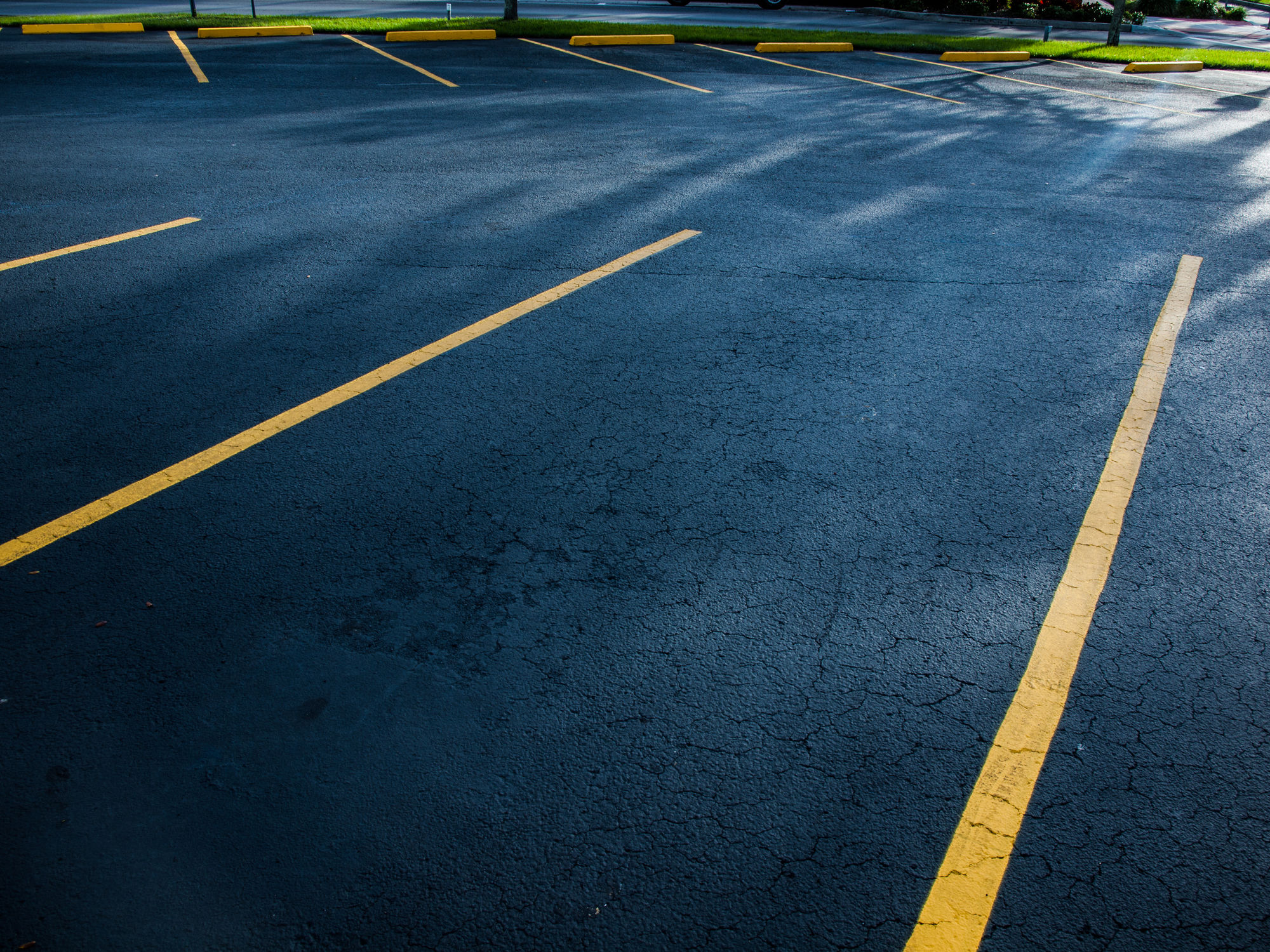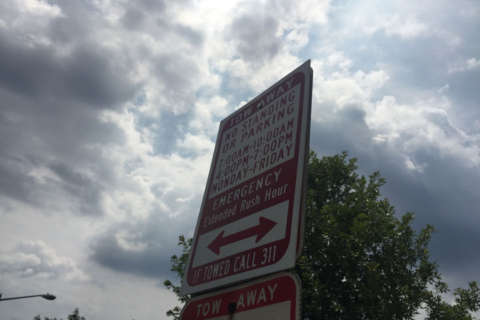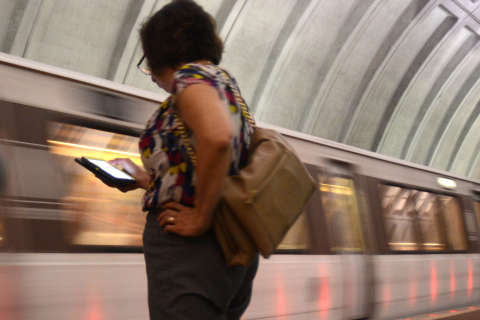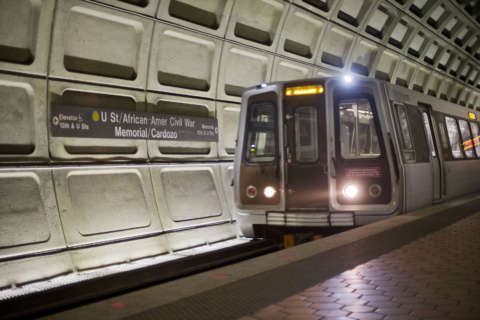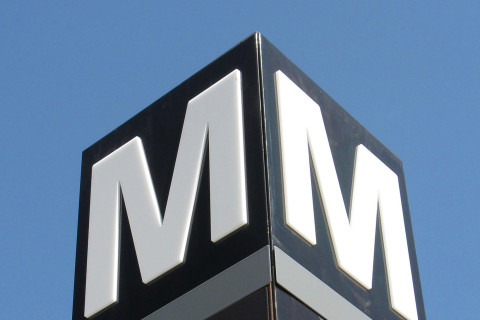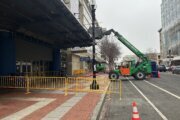
WASHINGTON — Free parking at Metro stations on the weekend and late at night could become a thing of the past as Metro looks to pull in more cash.
A Metro Board committee will hear six proposals Thursday to increase parking revenue.
Two of the changes would alter the hours Metro collects parking fees. On weekdays, parking garages would begin charging drivers who leave the garages at 7:30 a.m. rather than the current 9:30 a.m. start. On weekends, Metro garages would charge any drivers who leave the lots between 10 a.m. Saturday and 2 a.m. Sunday.
The new hours would be in place for at least six months. Metro estimates the weekday change could raise $825,000 per year, while the Saturday change would raise $1.44 million.
Other proposals include reducing parking rates at lesser-used stations in an attempt to draw in more riders; allowing Metro staff to charge special event parking fees at any station whenever there is a large event; allowing Metro staff to apply higher rates at more stations for people who park without riding Metro; allowing events such as farmers markets in Metro parking lots on weekends.
The proposals would also reduce the parking rate for Metro employees to match rider parking fees.
“Special Event opportunities are few and unique, but when they do arise, they are potentially lucrative. For example, the 2017 Women’s March could have generated an estimated $500,000 simply by charging the Daily Parking Rate … The definition for Special Events would apply to festivals, concerts, and other such activities on Federal holidays as well,” documents prepared for the Metro Board read.
Metro already charges $25 to park at Morgan Boulevard or Largo Town Center stations during events at FedEx Field. Additional special event fees could be implemented if other stations were also used for special event parking.
Combined, Metro estimates all of the changes could raise an additional $4 million per year.
Between July 2015 and July 2016, Metro collected $55 million in parking fees across Metro’s 62,000 parking spaces including $10 million in local government surcharges.
“While Metro’s parking portfolio generates $45 million in annual revenue, the asset could generate more without significantly impacting Metro transit riders by increasing utilization of vacant parking spaces, during the week and on weekends,” the documents read.
Metro estimates that on weekends only 20 percent of spaces are used. And on weekdays 75 percent are utilized.
Garages have been even emptier as ridership has continued to decline. Metro is hoping ridership begins to rebound soon.
Startup costs for the parking changes are estimated to be $350,000 for new signage, some overtime and other expenses. Metro staff hope to begin most of the changes within the next few months.

